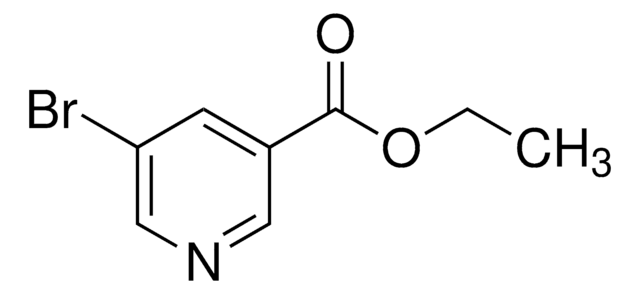WHA10402578
Whatman® Protran® nitrocellulose membranes
Circles - BA85, pore size 0.45 μm, diam. 25 mm, pack of 1000 ea
Synonym(s):
Z670642, blotting membranes, nitrocellulose membrane, transfer membranes
About This Item
Recommended Products
packaging
pack of 1000 ea
manufacturer/tradename
Whatman 10402578
Whatman Article No. 28415104 (US reference)
diam.
25 mm
pore size
0.45 μm pore size
Looking for similar products? Visit Product Comparison Guide
General description
- Binding capacity, 75 - 110 μg/cm2
- High binding, low background
- Triton free matrix
- Universal membrane for blotting - isotopic, chemluminescent, colorimetric and fluorescent detection methods
Protran nitrocellulose (NC) membranes are the most frequently specified transfer media in the world for a wide range of applications. Protran membranes are manufactured using 100% pure nitrocellulose to ensure the highest binding capacity possible. Other membranes referred to as ‘nitrocellulose′ may actually contain large amounts of cellulose acetate which will lower the protein binding capacity. Protran membranes have the best handling strength of all pure nitrocellulose membranes.
They are compatible with a variety of detection methods, including isotopic, chemiluminescent (luminol-based), colorimetric and fluorescent. Unlike PVDF membranes, Protran nitrocellulose does not require a methanol pre-wetting step. This makes Protran the membrane of choice for proteins which prefer aqueous environments. Prior to transfer, the membrane is simply wetted in water, and then placed in the transfer buffer. No other pre-treatment steps are necessary.
High Binding, Low Background:
In addition to high binding capacity, Protran nitrocellulose membranes inherently have very low background. The superior surface properties of the membrane guarantee superior signal-to-noise ratios, without the need for stringent washing conditions.
High Retention of Small Proteins:
The 0.2 μm pore size of the Protran (BA83) nitrocellulose membrane has high surface area, ensuring binding of small proteins below 20 kD by reducing ‘blow-through′. The 0.45 μm pore size membrane (BA85) is ideal for larger molecular weight samples. BA79, with 0.1 μm pore size, is the membrane of choice for smaller proteins below 7 kD. A unique benefit of the proprietary Protran nitrocellulose formula is the proven shelf life of bound proteins. Empirical evidence shows that proteins maintain molecular recognition activity for five years on Protran.
Protran Blotting Sandwiches:
A pre-cut nitrocellulose membrane and 2 sheets of 3MM Chr blotting paper are prepackaged into a sandwich to help save time. This is made with our Protran BA83 or BA85, the highest quality NC membranes available for blotting.
Other Notes
Legal Information
Sold under license to DE10102744 and foreign equivalents thereof
Signal Word
Warning
Hazard Statements
Precautionary Statements
Hazard Classifications
Flam. Sol. 1
Storage Class Code
11 - Combustible Solids
WGK
WGK 3
Flash Point(F)
Not applicable
Flash Point(C)
Not applicable
Certificates of Analysis (COA)
Search for Certificates of Analysis (COA) by entering the products Lot/Batch Number. Lot and Batch Numbers can be found on a product’s label following the words ‘Lot’ or ‘Batch’.
Already Own This Product?
Find documentation for the products that you have recently purchased in the Document Library.
Our team of scientists has experience in all areas of research including Life Science, Material Science, Chemical Synthesis, Chromatography, Analytical and many others.
Contact Technical Service






